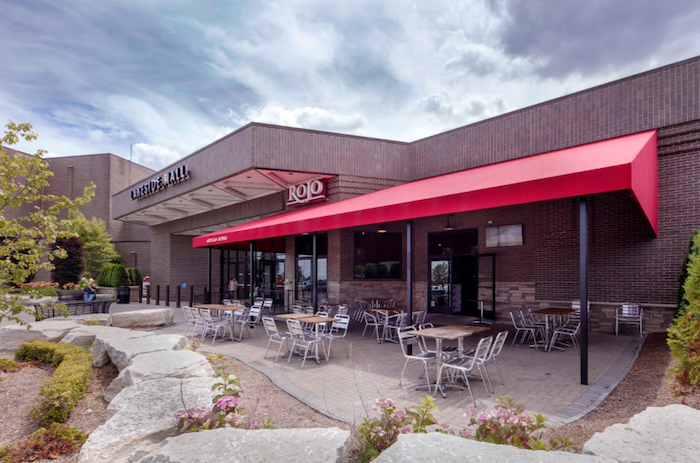General Growth Properties Inc. recently defaulted on a $144 million loan payment for the Lakeside Mall in Suburban Detroit.
General Growth Properties Inc., the second-largest mall owner in the United States, recently defaulted on a $144 million loan payment for the Lakeside Mall in Suburban Detroit. As Bloomberg reports, that has sent a few more shockwaves through the already rattled US mall market, and could be a sign of more trouble on the horizon.The Lakeside Mall is anchored by JC Penney, Lord & Taylor, Macy’s and Sears, and checked in with an occupancy rate of 79% at the close of 2015. It was constructed in 1976, and most recently renovated about 15 years ago. Additional retailers that have set up shop at the Suburban Detroit outpost include Kay Jewelers and Bath & Body Works. GGP last extended the mortgage on the 1.5 million square foot property in 2010, and has been working towards ridding itself of assets that don’t fit into the company’s overall strategy of top notch properties in outstanding markets.

GGP’s default brings to light another harbinger of trouble for US mall properties. According to data from Bank of America Merrill Lynch, roughly $47.5 billion in loans backed by retail properties are headed to maturity over the next 18 months. While extensions and refinancing may be on the table for some borrowers, others may find it difficult in today’s challenging finance environment. Lenders are beginning to take a cautious approach when it comes to retail properties, namely due to the recent wave of bankruptcies from major retail players such as Aeropostale and Sports Authority, as well as disappointing earnings and sales forecasts from a slew of retail industry bellwethers.
Lower-tier malls are also at risk of not having much of a market in play should their owner’s decide that a sale of the asset makes fir the best course of action. Green Street Advisors LLC recently released a research note to clients, which indicated that the challenging financial climate could make things hard for some of these malls to simply survive. All told, the real estate research firm anticipates that several hundred malls will be forced to close their doors for good over the next decade.
In addition to the challenges on the finance end, retailers and mall operators continue to wage battle with online retailers to gain back a bigger piece of the pie. The failures of traditional anchors such as Macy’s, Sears and JC Penney to adapt to the times is forcing those massive stores to consolidate their footprints, and there could be a wave of additional space hitting the market that may prove too challenging to fill. Add it all up and there’s trouble on the horizon, but also genuine opportunity for enterprising developers, financially sound owners, and retailers that remain ahead of the curve.
24 JUNE 2016, USA

 Boohoo expands online presence with new marketplace for fashion
Boohoo expands online presence with new marketplace for fashion Victoria's Secret expands presence in Melbourne
Victoria's Secret expands presence in Melbourne Inditex's Bershka set to enter indian market with Mumbai store
Inditex's Bershka set to enter indian market with Mumbai store Ross stores expands across the U.S. with 24 new locations
Ross stores expands across the U.S. with 24 new locations Chaumet opens doors to debut boutique in Italy
Chaumet opens doors to debut boutique in Italy Birkenstock is launching first store in France
Birkenstock is launching first store in France Salomon elevates brand presence with new Paris flagships
Salomon elevates brand presence with new Paris flagships  Amiri expands presence in California
Amiri expands presence in California  Crocs expands its presence in India with Apparel Group
Crocs expands its presence in India with Apparel Group  Best Buy Canada to expand presence with 167 small-format locations
Best Buy Canada to expand presence with 167 small-format locations  Arket expands into Italy with Milan flagship
Arket expands into Italy with Milan flagship